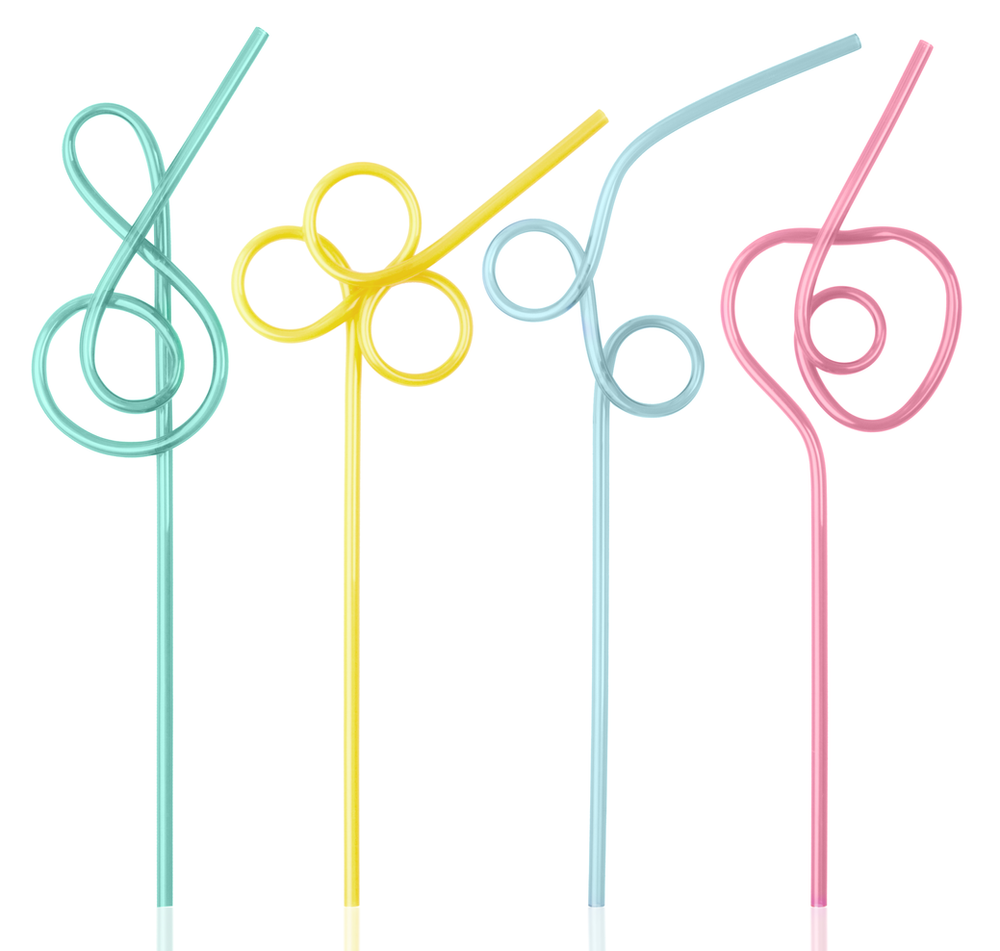
This time of year brings so many emotions: joy at the accomplishments of the classroom, sadness at saying goodbye, regret for what you'd planned and didn't get around to, astonishment that so much has happened in what feels like so little time. And while there are endless emotions to balance and resolve, there's little time to do it, within the end-of-school celebrations and presentations, parent visits and closing ceremonies.
Be gentle with yourselves. Your classroom may be inundated with so much to manage and so many people to attend to, and your spirit is likely to be, too. You may find yourself more nervous than usual, worried about whether parents and administrators visiting your classroom will see in it the community you've helped to support. You may simultaneously want the celebrations of the end of the year and wonder whether the children's behavior will reflect poorly on you. You may have cognitive lists of all the things you meant to do that are sitting on your brain like that basket of unfinished materials that's been sitting on your counter, waiting for you to make time to finally get it done.
Instead of tightening your grip before parents and administrators and grandparents and other teachers come visiting, remind yourself of two things: first, you cannot expect predictable behavior on unpredictable days and second, your worth as a teacher cannot be encapsulated in any one snapshot.
You cannot expect predictable behavior on unpredictable days, even on the ones you've been looking forward to. End-of-school play days, performances, teas, and celebrations are exciting and fun. But they're also unpredictable and unsettling. People's emotions run high. Things you need get moved. Adults behave in unexpected ways. Children do, too. As the classroom teacher, your most important job on these days is to be a reliable, safe anchor for the children. Your patience needs to be as high on a special day as it is on any other Tuesday. So do your expectations. Talk with children before the guests arrive about what it might feel to have their classroom shelves moved around or new faces in the room. Keep an eye out for children who might need a little more support or encouragement, and remember that stress presents in a lot of different behaviors, some loud and some very quiet.
Your worth as a teacher cannot be encapsulated in any one snapshot. Your own stress and fears may also be higher these days. If a child behaves wildly, will that reflect on you? Will people expect to see a more peaceful space and be disappointed, or question your Montessoriness, or question your capacity, if it's louder and more chaotic than usual? What if something goes wrong? Your expertise as a teacher isn't demonstrated in being able to control children, but in your ability to describe and make sense of their behaviors. Parents who visit are likely to be just as worried about you judging them as you are about them judging you. Break the cycle. Remind parents beforehand that special event days are unsettling even when they're exciting. Offer some guidance for parents on how to respond if they see their child acting out before the event, to let other adults know that you know these things will happen, and that you also know it's a question of context and not goodness. Use special days to open a conversation with parents, to bring them into partnership with you, and you're likely to find that they are as forgiving of you on weird days as I hope you'll be with yourself.
And most of all, enjoy it. These days are celebrations. Take a moment of quiet just to look around, even in the middle of the chaotic parts, to remember how far the children really have come since the beginning of the year, to acknowledge how far you've come as well. Let yourself feel big feelings, the ones transitions and goodbyes always evoke. Let them be shared. Take note. Breathe out. Then get back to work.
#ForTeachers #teachertalk #selfcare #June
